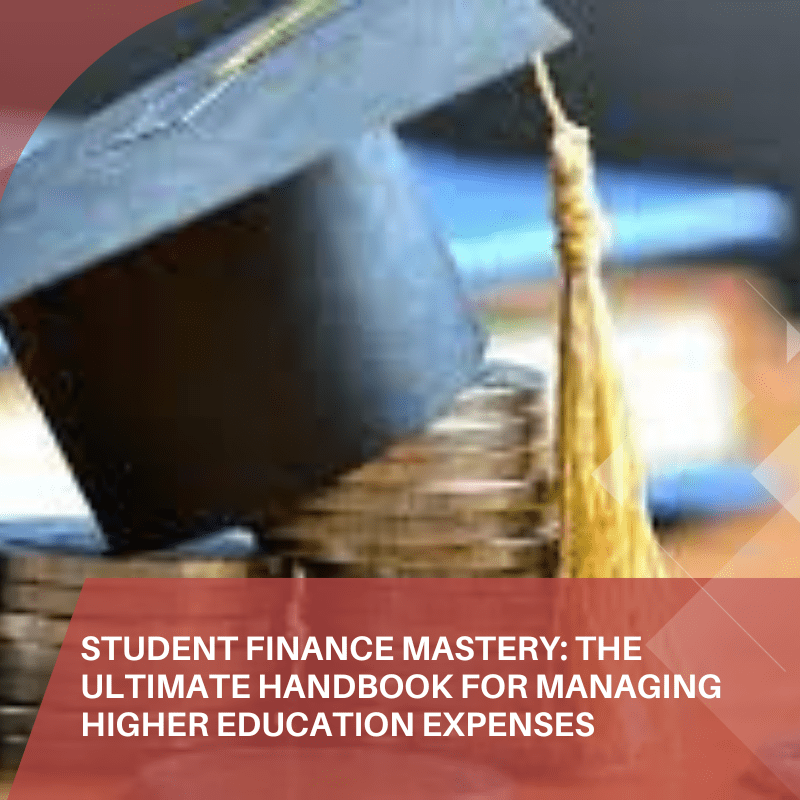When it comes to pursuing higher education, effective financial management is essential for a successful academic journey. In this guide, we will delve into the intricacies of “my student finance” and provide you with valuable insights, tips, and resources to navigate the financial aspects of your student life effectively.
Understanding My Student Finance
“My student finance” refers to the financial aid and support available to students to cover the costs associated with their education. It encompasses various forms of assistance, including scholarships, grants, loans, and work-study programs. Understanding these components is essential for making informed financial decisions throughout your academic career.
Scholarships and Grants
Scholarships and grants serve as valuable sources of free money for students, typically awarded based on academic merit, financial need, or other criteria. To enhance your chances of securing scholarships and grants, consider the following tips:
- Begin your search early, as many scholarship deadlines are months in advance.
- Research both local and national opportunities.
- Tailor your scholarship applications to meet each program’s specific requirements.
Student Loans
Student loans are a common means of financing education, but they come with responsibilities. Here’s what you need to know:
- Familiarize yourself with the different types of loans available.
- Borrow only what you truly need to minimize future debt.
- Explore federal loan options before considering private loans.
Work-Study Programs Federal work-study programs offer part-time employment opportunities to help students cover their educational expenses. These programs provide students with the added benefits of gaining work experience and earning money while pursuing their studies.
Managing Your Student Finance Effective financial management during your student years can set you up for a successful future. Follow these steps:
- Create a Budget Develop a detailed budget to monitor your income and expenses. Budgeting helps you avoid overspending and ensures your funds last throughout the semester.
- Minimize Expenses Look for ways to reduce expenses. Consider renting textbooks, cooking meals at home, and taking advantage of student discounts whenever possible.
- Seek Financial Advice Don’t hesitate to seek guidance from financial aid counselors or experts. They can provide valuable insights on managing loans, finding additional funding, and making wise financial decisions.
In Conclusion Navigating “my student finance” can be challenging, but with the right knowledge and proactive steps, you can effectively manage your funds throughout your educational journey. Remember to continually seek out opportunities for scholarships and grants, manage your loans responsibly, and practice effective budgeting. By doing so, you’ll be well-prepared for academic success while maintaining financial stability.
Frequently Asked Questions (FAQs)
- What is the FAFSA, and how does it relate to my student finance? Answer: The Free Application for Federal Student Aid (FAFSA) is a crucial step in securing financial aid for college. It determines your eligibility for federal grants, loans, and work-study programs. It’s essential to complete the FAFSA early each year to access various forms of financial aid.
- Are there any scholarships specifically for my major or field of study? Answer: Yes, many scholarships are tailored to specific majors or areas of study. These scholarships are often sponsored by professional organizations, foundations, or corporations related to your chosen field. Research scholarship opportunities within your major to maximize your chances of financial assistance.
- How can I maintain financial discipline while in college? Answer: Maintaining financial discipline is crucial for long-term financial stability. Consider these tips:
- Set spending limits and adhere to your budget.
- Track expenses using apps or spreadsheets.
- Limit credit card use and pay bills on time to avoid high-interest charges.
- Explore on-campus job opportunities through work-study programs.

